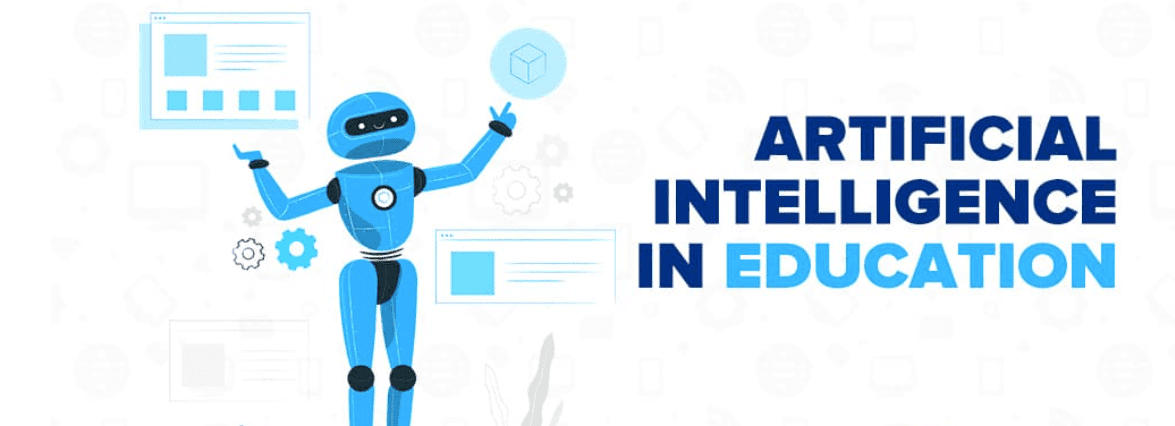Table of Contents
If you are a student, teacher, or education professional, you are likely familiar with the challenges of traditional classroom learning. From overcrowded classrooms to limited resources, the conventional education system can frustrate students and educators. However, advancements in artificial intelligence (AI) pave the way for a more personalized and practical learning experience.
AI in education uses machine learning algorithms and other AI technologies to enhance learning. With AI, educators can analyze student data to gain insights into individual learning styles, identify areas where students are struggling, and provide personalized feedback. AI can also help create more engaging learning experiences by providing interactive simulations, virtual reality experiences, and other immersive tools.
As AI continues to evolve, it can potentially revolutionize the education system. By providing personalized learning experiences, AI can help students achieve their full potential, regardless of their background or learning style. Additionally, AI can help educators save time and resources by automating administrative tasks and providing insights into student performance. As we progress, we must ensure that AI is used ethically and responsibly in education to maximize its benefits and minimize potential risks.
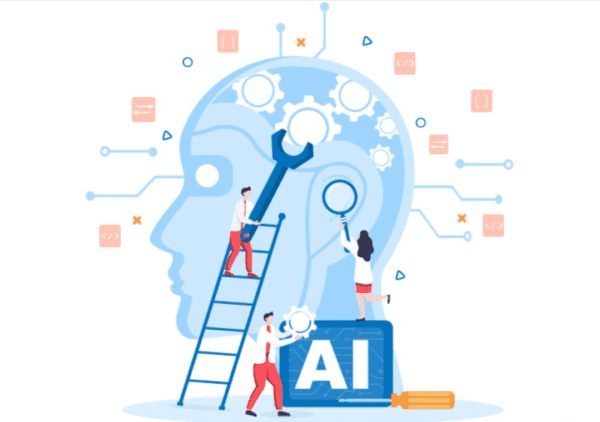
The Evolution of AI in Education
Artificial intelligence (AI) has been a buzzword in the education industry for quite some time now, and its impact on the learning process is undeniable. AI in education encompasses various technologies and applications, including natural language processing, machine learning, data analytics, and robotics. These tools enable educators and students to benefit from personalized learning experiences, adaptive assessments, intelligent tutoring systems, and more.
Historical Perspectives
The use of AI in education dates back to the 1980s, when researchers began exploring its potential. The early AI systems were rule-based and used to automate simple tasks like grading multiple-choice tests. However, as the technology evolved, AI systems became more sophisticated and were used to develop intelligent tutoring systems that could provide personalized feedback to students.
One of the earliest examples of AI in education is the Intelligent Tutoring System (ITS), developed in the 1970s. ITS was designed to provide personalized instruction to students based on their needs. The system used a rule-based approach to create a model of the student’s knowledge and then provided feedback based on that model.
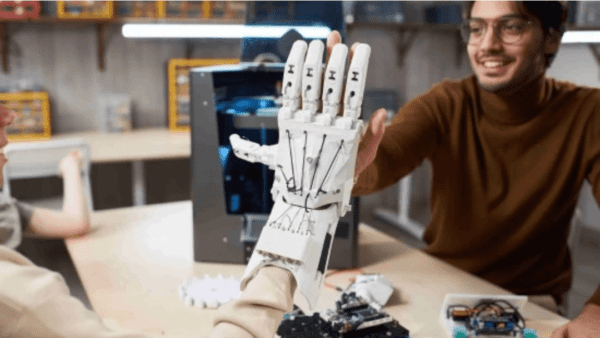
Current Trends in AI
The current trend in AI in education is towards generative AI, which can create new content. One of the most significant advancements in generative AI is ChatGPT, a language model that can generate human-like responses to text prompts. ChatGPT has the potential to revolutionize education by providing personalized feedback to students and creating new educational content.
Another emerging technology in AI in education is robotics. Robotics can potentially transform the learning process by providing students with hands-on learning experiences. For example, robots can be used to teach students about coding, engineering, and other STEM-related subjects.
In conclusion, the evolution of AI in education has been significant, and the technology has the potential to revolutionize the learning process. AI systems can provide personalized feedback to students, create new educational content, and provide hands-on learning experiences through robotics. As the technology continues to evolve, we can expect to see more innovative applications of AI in education.
AI’s Role in Learning Processes
Artificial intelligence (AI) can potentially transform how we learn. AI can help personalize the learning experience, adapt to individual learning styles, and provide real-time feedback. In this section, we will explore the role of AI in learning processes, including adaptive learning technologies and intelligent tutoring systems.
Adaptive Learning Technologies
Adaptive learning technologies use algorithms to personalize each student’s learning experience. These algorithms analyze performance, learning style, and progress data to tailor content and activities to suit the student’s requirements. This personalization can help students learn more effectively and efficiently.
Adaptive learning technologies can also provide real-time feedback to students, helping them identify areas where they need to improve. This formative assessment can help students stay on track and motivated.
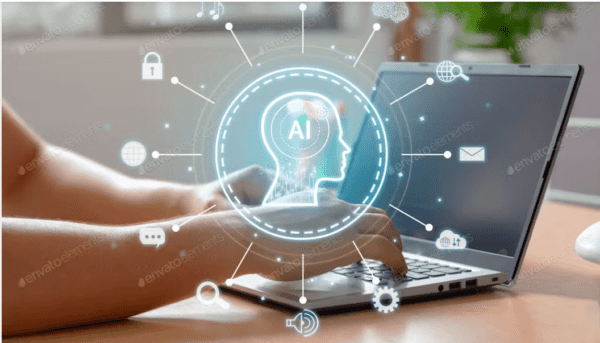
Intelligent Tutoring Systems
Intelligent tutoring systems (ITS) are AI-powered systems that provide personalized instruction to students. ITS can adapt to the student’s learning style, pace, and preferences, creating a customized learning experience. ITS can also provide real-time feedback and support to help students master challenging concepts.
One of the benefits of ITS is that it can provide one-on-one tutoring to students, which is not always possible in traditional classroom settings. This personalized attention can help students learn more effectively and efficiently.
In conclusion, AI has the potential to transform the way we learn. Adaptive learning technologies and intelligent tutoring systems can help personalize the learning experience, adapt to individual learning styles, and provide real-time feedback. We can help students learn more effectively and efficiently by leveraging AI in learning processes.
Impact of AI on Teachers and Curricula
Artificial Intelligence (AI) can potentially transform traditional teaching and learning. With AI, teachers can leverage technology to personalize each student’s learning experience. AI can also help teachers identify their students’ knowledge gaps and provide them with targeted feedback. However, AI will also significantly impact teachers and curricula.

Teacher-AI Collaboration
One of the most significant impacts of AI on education is the potential for teacher-AI collaboration. AI can help teachers automate routine tasks, such as grading, and free up their time to focus on more complex tasks. For example, AI can help teachers identify the areas where their students are struggling and provide them with personalized feedback. This feedback can help teachers tailor their teaching methods to the needs of each student.
However, there are concerns that AI may replace teachers altogether. While AI can automate routine tasks, it cannot replace the human touch teachers bring to the classroom. Teachers have expertise that AI cannot return, such as building relationships with their students and providing emotional support.
Curriculum Development and Personalization
Another impact of AI on education is the potential for curriculum development and personalization. AI can help teachers to develop curricula that are tailored to the needs of each student. For example, AI can analyze the learning styles of each student and provide them with content presented in a way that is most effective for them.
AI can also help teachers identify their students’ knowledge gaps and provide them with targeted feedback. This feedback can help teachers tailor their teaching methods to the needs of each student. For example, if a student struggles with a particular concept, AI can provide additional resources to help the student understand the concept better.
Overall, AI has the potential to transform traditional teaching and learning. However, it is essential to remember that AI cannot replace the human touch teachers bring to the classroom. Teachers have expertise that AI cannot return, such as building relationships with their students and providing emotional support.
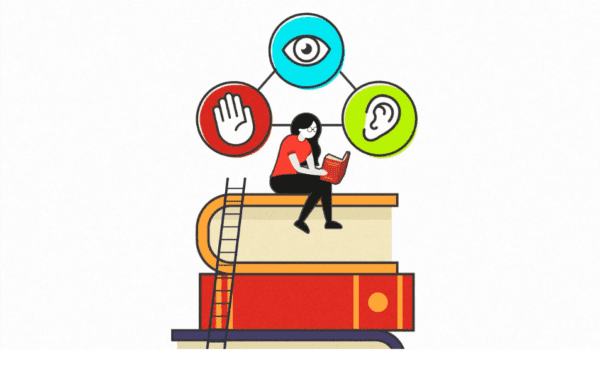
Ethical Considerations and Policy Making
Ethics in AI for Education
As AI continues to transform the education landscape, it is essential to consider the ethical implications of its use. Ethical considerations in AI for education include transparency, privacy, fairness, and accountability. These issues must be addressed to ensure that AI is used ethically and responsibly.
Transparency is a critical consideration in using AI in education. It is essential to be transparent about how AI is being used and what data is being collected. This helps to build trust with students and other stakeholders. Additionally, transparency can help to identify and address potential biases in AI systems.
Privacy is another important ethical consideration in AI for education. Students’ personal information must be protected and handled by privacy laws and regulations. This includes ensuring that data is collected and used only for legitimate educational purposes and securely stored and protected from unauthorized access.
Fairness is also an essential consideration in using AI in education. AI systems must be designed and implemented relatively for all students, regardless of their background or characteristics. This includes ensuring that AI systems do not perpetuate or reinforce existing biases or discrimination.
Finally, accountability is critical in using AI in education. There must be clear lines of responsibility and accountability for developing, implementing, and using AI systems. This includes ensuring mechanisms are in place to address any issues or concerns.
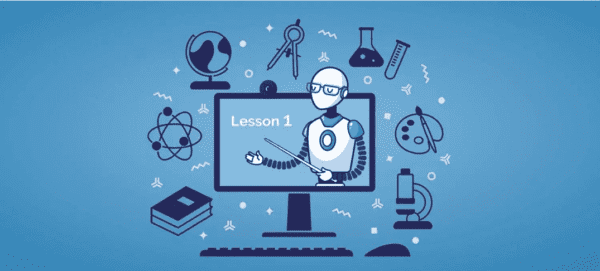
Policy Frameworks and Guidelines
Policymakers and educational institutions are essential in ensuring that AI is used ethically and responsibly. UNESCO and the Beijing Consensus on AI Ethics have developed policy frameworks and guidelines for using AI in education.
These frameworks and guidelines advise transparency, privacy, fairness, and accountability. They also emphasize the importance of involving all stakeholders in developing and implementing AI systems, including students, teachers, parents, and communities.
By following these policy frameworks and guidelines, educational institutions can ensure that AI is used ethically, transparently, and accountable. This can help build trust with students and other stakeholders and ensure that AI enhances rather than detracts from the learning process.
Future Directions and Challenges
Emerging Technologies in Education
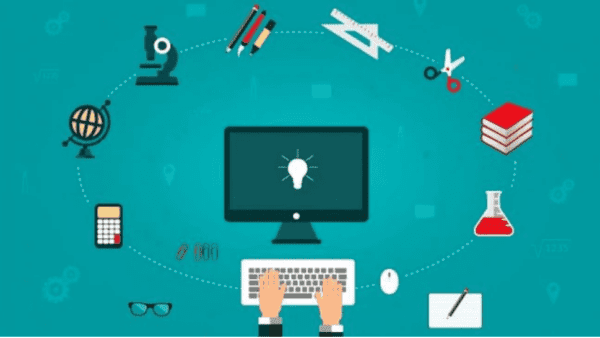
As Artificial Intelligence (AI) continues to evolve, so does its impact on education. Emerging technologies such as machine learning, natural language processing, and computer vision have the potential to revolutionize the way we learn and teach. With the help of these technologies, educators can personalize learning experiences based on individual student needs, provide real-time feedback, and even predict student outcomes.
One of the most exciting emerging technologies in education is adaptive learning. Adaptive learning systems use AI algorithms to analyze student performance data and adjust the learning experience accordingly. This allows for a more personalized learning expert who can help students achieve their full potential.
Challenges and Opportunities
While AI can potentially transform education, challenges must also be addressed. One of the biggest challenges is the need for more research’s impact of AI on learning outcomes. While some evidence suggests that AI can improve learning outcomes, more research is needed to understand its effects fully.
Another challenge is the need for educators to be trained in AI technologies. Many educators are unfamiliar with these technologies and may not know how to use them effectively. This highlights the need for professional development opportunities for educators to learn how to use AI technologies in the classroom.
Despite these challenges, AI presents significant educational opportunities. AI can help educators personalize learning experiences, provide real-time feedback, and predict student outcomes. By leveraging the power of AI, educators can help students achieve their full potential and prepare for future challenges.


